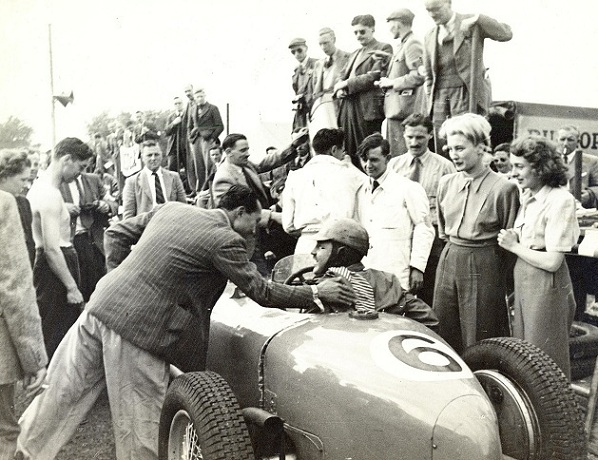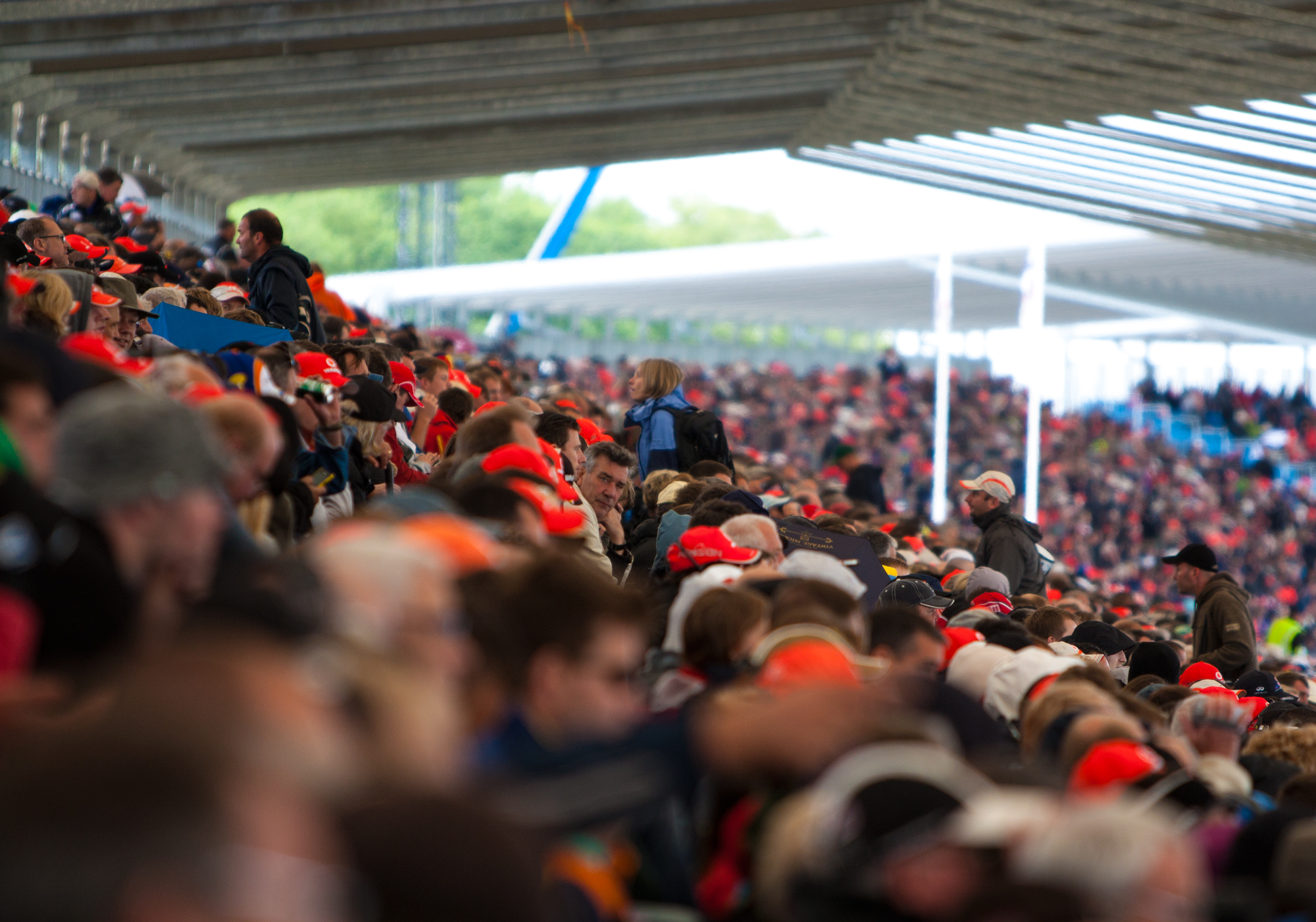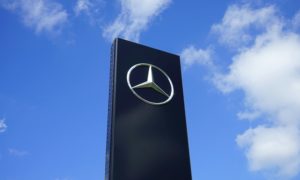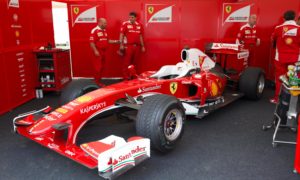Michael Schumacher has made his second and in all likelihood final retirement from the sport of Formula One. The seven-time world champion has opted not to race on in 2013 elsewhere after his Mercedes team announced they would be employing Lewis Hamilton in his stead. Schumacher leaves F1 for the second time having achieved but a single podium to add to his statistics haul. Why was that? And why has he quit now, when the project seems unfinished?
Schumacher’s return to F1 in 2010 was heralded as the sporting comeback of all time. The best driver ever, went the theory, will win races; he may even sneak a championship if the Brawn-Mercedes transition goes well. Within that theory there were two strands of thought – the first, that Schumacher could not have lost all of what had made him so good; and the second, that he could work with whatever machinery was in his hands.
Have either of those contentions been proved false by the intervening two years? No. Schumacher has not lost all of what made him so good. He still has the racing instinct, the supreme racing brain, the natural feel for grip and most of the speed. Therein lies the rub – it’s only most of the speed. The ravages of time have forced him to surrender, in football parlance, a yard of pace. It’s not noticeable as such, because he’s still very fast – and looked at the mid-term break, as was written on this website, to be on an upward trajectory of performance. But surely the old Michael would have done more than just intermittently match Nico Rosberg.
What about the machinery? Unluckily for the erstwhile Red Baron, the transition from white to silver was not as smooth as had been hoped in Stuttgart. The W01 was a shadow of its previous incarnation and it rapidly became clear that the year would have to be written off sooner rather than later. Much was expected of its successor, the W02. Although an improvement insofar as it was a race winner and a podium bagger, the much-vaunted double DRS failed to deliver any consistent performance gains. There is no evidence that Schumacher was frustrated by the lack of competitiveness – his being the epitome of collective responsibility. Did that cause him occasionally to drive into other people out of sheer frustration? We cannot know. But knowing you are on borrowed time, each weekend dimming your light a little more, cannot be an easy shadow to escape.
Would first career Schumi have done a better job with the car? Probably. Will we ever know? No. As time allows the fog of recent politics to clear over the early 2000s Ferrari team, more emerges to explain the German’s dominance. Rumours that Bridgestone ran bespoke tyres for Schumacher during that period refuses to go away; the combination of Jean Todt, Ross Brawn and Rory Byrne with the financial might of Ferrari was a truly awesome one. The gorgeously shaped Ferraris of those days were not beasts who couldn’t heat their tyres up. Although Schumacher did drive bad cars well in his career (the F310 of 1996, for example) it is arguable that his latter career was the first time he had faced a consistent and apparently unbridgeable discrepancy to the faster teams.
And so to them. There are two words that rather neatly explain why no-one else won the championship in 2010 – Red Bull. The RB6 (and RB7 to a lesser extent in 2011) was an incredible machine, a beautiful and devastating example of Adrian Newey’s evolution. In addition, over the last two years, McLaren, Ferrari, Lotus and even sometimes the likes of Force India and Williams have produced better cars at given race weekends than that which was brought by the Brackley and Brixworth contingent. That kind of level of competition simply wasn’t around during Schumacher’s heyday.
If teams and cars have improved, what of the drivers? You wouldn’t be far off if you said there had been around a 300% improvement in the quality of the opposition to Schumacher from, say, 2003 to 2012. Alonso and Raikkonen were learners, then – learners who have since developed into real greats. Hamilton and Vettel have arrived. (Those four names will echo through time just as Fangio, Clark, Villeneuve and Senna do). Button has got his niche. Webber is no slouch. Rosberg and Massa. This is before you count the newbies who are cutting their teeth extremely impressively now – Perez, di Resta, Grosjean, Vergne. To this end, Schumacher has been terribly unlucky that he opted to have his second career, and one which had all those other variables, at a time when greatness abounds in this sport.
So has it been an embarrassing disaster? Not at all. Schumacher has enjoyed himself the second time round, relishing the challenge and – in all probability – making a real contribution to the development of the team and the car. He may have realised early on that it wasn’t going to be glory all the way, and for his sake it must be hoped he did. Let us not remember his driving into Vergne in Singapore this year or his tussles with Vitaly Petrov. Rather, let us doff our hats to a legend who got pole (by rights) in Monaco at the age of 43. In a field of perhaps unparalleled talent. Which shows that he must have been pretty good.








